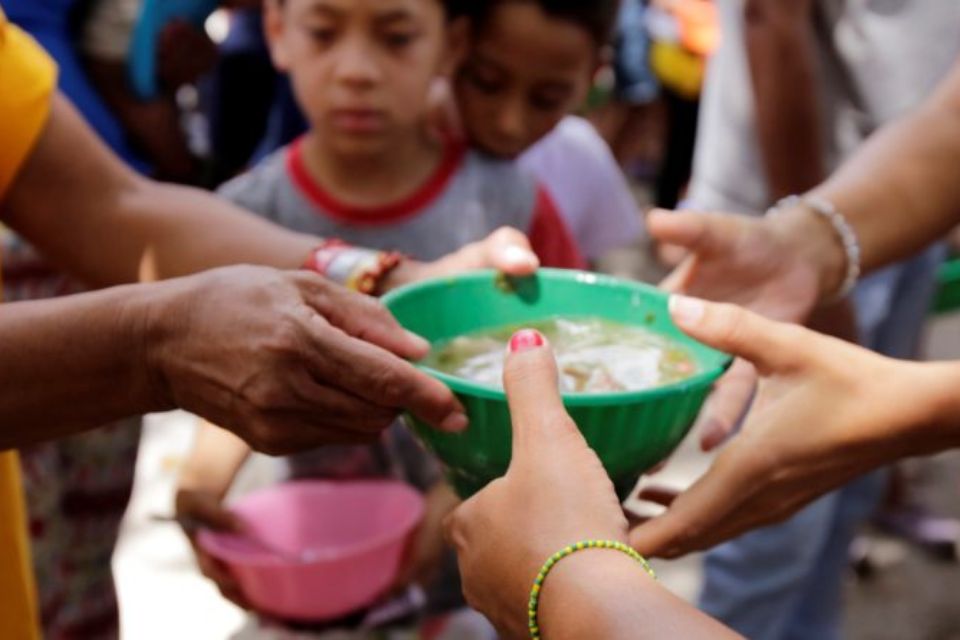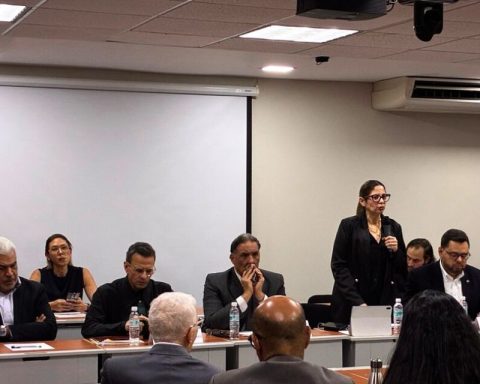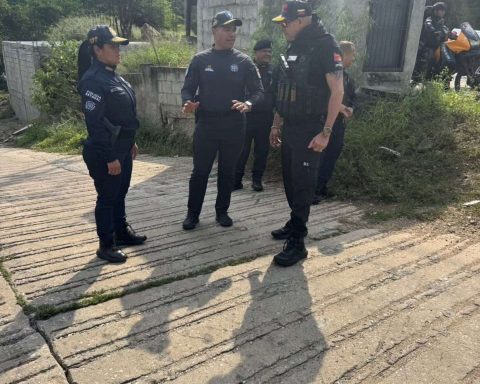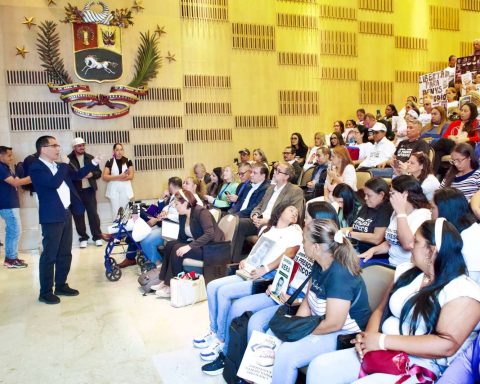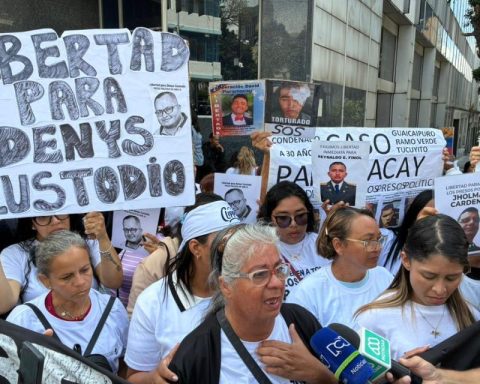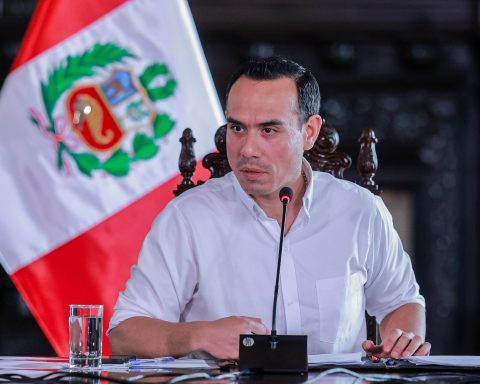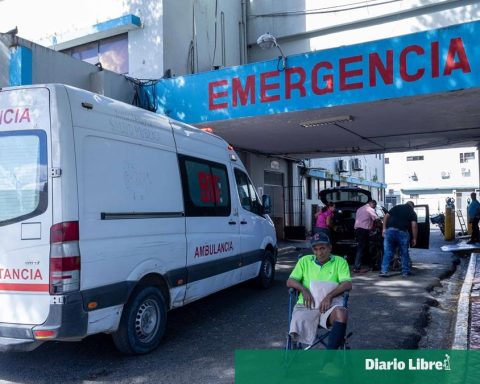Despite a slight improvement since 2019, the high cost of the basic basket and dependence on low-quality food such as those provided in CLAP boxes aggravate the food crisis and expose the population to hunger, according to Cáritas Venezuela
Susana Raffalli, nutrition advisor for Cáritas Venezuela, indicated that, despite a slight improvement in the food supply and the situation of many families, 17% of the Venezuelan population continues to suffer from undernourishment or hunger. This figure represents approximately five million people, according to data from the Food and Agriculture Organization of the United Nations (FAO).
In one interview with Radio Fe y Alegría NewsRaffalli explained that undernourishment is measured not only by families’ access to food, but also by the country’s ability to supply itself with national products. He noted that the situation remains serious, especially for the most vulnerable sectors, such as children and women.
He reported that between eight and 10 out of every 100 children beneficiaries of the Cáritas humanitarian program have severe malnutrition, while 25% of women are at nutritional risk. Furthermore, almost 10 out of every 13 pregnant women who attend Cáritas programs suffer from anemia, hunger or other nutritional risks.
The current level triples the average of undernourishment in South America, which is 6%, Raffalli pointed out.
Factors affecting food security
Susana Raffalli highlighted three factors that continue to erode families’ ability to feed themselves adequately:
The average income of Venezuelan households does not cover even 30% of the cost of the food basket for a family of five, despite state bonds and CLAP funds.
«The households that are in better conditions are those that receive foreign currency, since the value of the bolivar, despite the country emerging from hyperinflation, is insufficient to cover the cost of a basic food basket.»pointed to Fe y Alegría.
The absence of essential services such as electricity, water and gas also makes it difficult to cook in many homes.
Reliance on CLAP boxes, which contain products of low nutritional value as they are mainly composed of carbohydrates and ultra-processed foods such as canned mortadella, does not improve the food situation, since 90% of households only receive them quarterly. The composition of these foods increases the risk of metabolic diseases in the population, the nutritionist warned.
*Read also: 60% of low-income women in Venezuela suffered obstetric violence, according to a report
Faced with the crisis, many families resort to survival strategies that include going into debt, searching for food on the street or participating in illicit activities such as smuggling, prostitution or working in mines to get more money.
Raffalli explained that the food crisis not only has physical effects, such as delayed growth and cognitive problems in children, but also serious social consequences, such as exposure to trafficking networks.
He urged the State to implement policies that “guarantee good nutrition, revalue the work of Venezuelans and improve the national food supply.” He suggested that past strategies be reactivated, such as Mercal and Pedeval, or the allocation of baskettickets, which were active until 2012.
With information from Faith and Joy
Post Views: 473
